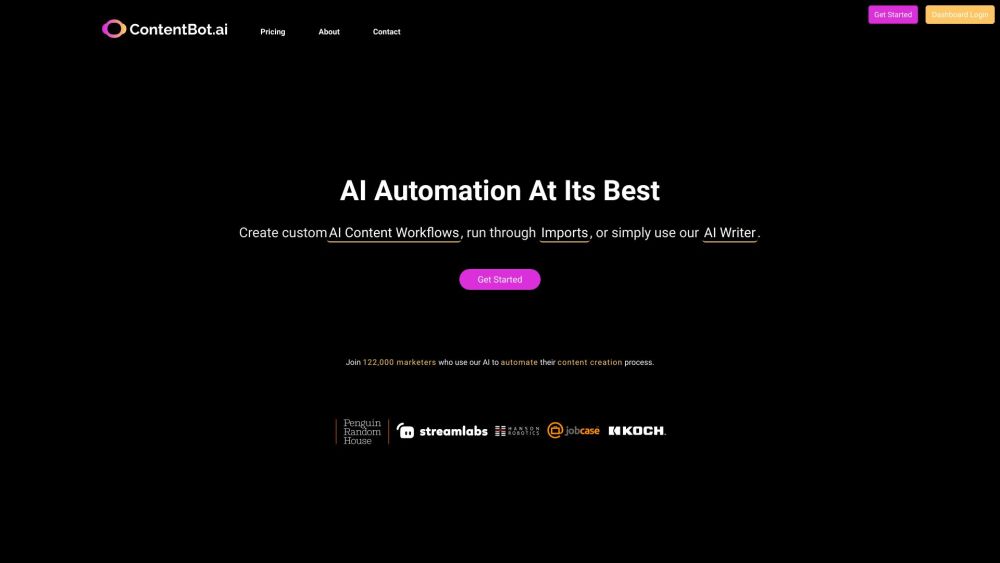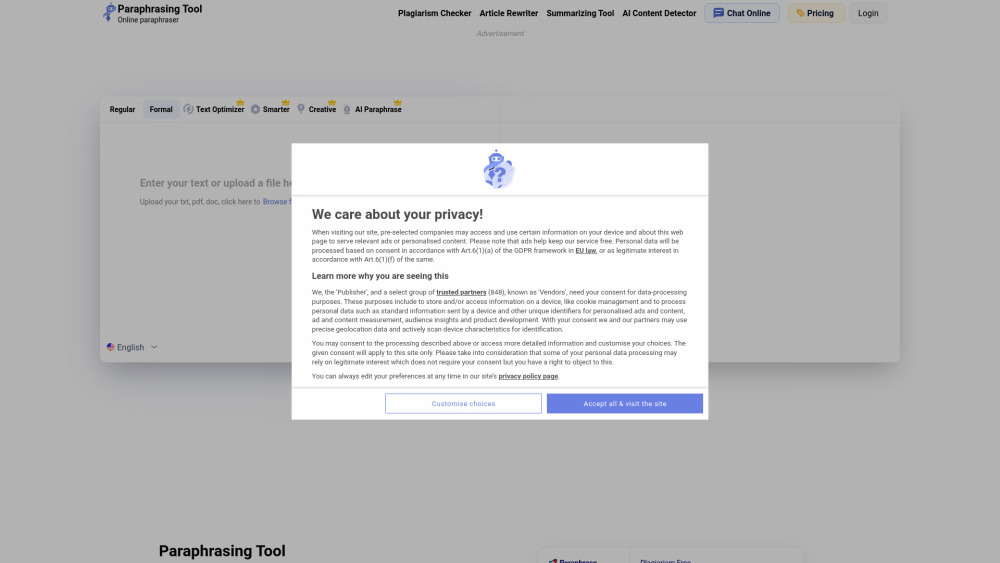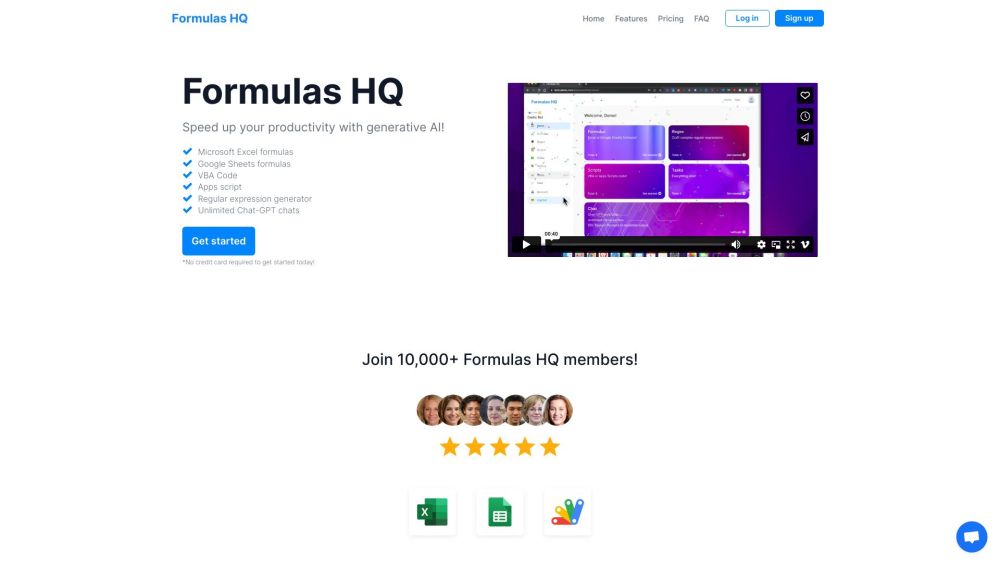Google.org, the charitable arm of Google, is introducing an innovative program aimed at funding nonprofits that develop technologies utilizing generative AI. Known as the Google.org Accelerator: Generative AI, this initiative is backed by an investment of $20 million in grants and will initially support 21 nonprofits. Among the recipients are Quill.org, which offers AI-driven tools for student writing feedback, and the World Bank, working on a generative AI application to enhance access to development research.
Participants in this six-month accelerator will receive more than just funding; they will also benefit from technical training, workshops, mentorship, and bespoke guidance from an “AI coach.” Furthermore, through Google.org’s fellowship program, teams of Google employees will collaborate full-time with three selected nonprofits—Tarjimly, Benefits Data Trust, and mRelief—for up to six months to help implement their generative AI projects. Tarjimly is focused on leveraging AI for language translation services for refugees, while Benefits Data Trust plans to develop AI assistants to aid caseworkers in assisting low-income applicants with public benefits enrollment. mRelief aims to create a tool that simplifies the application process for SNAP benefits in the U.S.
Annie Lewin, Director of Global Advocacy at Google.org, highlighted the transformative potential of generative AI in a recent blog post, noting that “Generative AI can enhance the productivity, creativity, and effectiveness of social impact teams in serving their communities.” She further stated that, according to recipients of Google.org funding, AI enables them to accomplish their objectives in one-third of the time and at nearly half the cost.
A recent survey by PwrdBy revealed that 73% of nonprofits see the integration of AI innovation as consistent with their missions, with 75% acknowledging that AI simplifies their operations—especially in donor categorization and routine administrative tasks. However, many nonprofits still face significant challenges when attempting to develop AI solutions or adopt existing software, primarily due to costs, availability of resources, and time constraints.
Lewin also referenced a Google.org survey indicating that while four out of five nonprofits recognize the relevance of generative AI to their work, nearly half are not currently utilizing the technology due to various internal and external obstacles. "These nonprofits report a lack of tools, awareness, training, and funding as their primary hurdles," she shared.
Positive trends are emerging, as the number of AI-centric nonprofit startups is on the rise. Fast Forward, a nonprofit accelerator, reported that over a third of applicants for its latest cohort were AI-focused organizations. Additionally, Crunchbase noted that a growing number of nonprofits around the world are dedicated to ethical AI practices, including groups like AlgorithmWatch, JoyEducation, and conservation organization Earth05.




